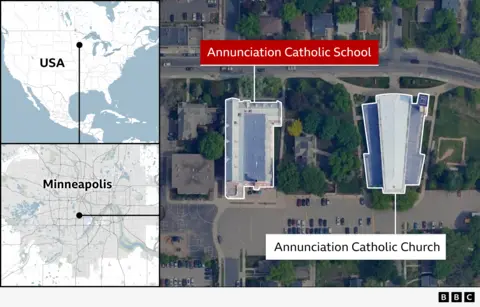Robert Francis Prevost has officially taken the title of Pope Leo XIV, making history as the first American to ascend to the papacy. Born in Chicago in 1955 to immigrant parents with Spanish and Franco-Italian roots, Prevost has spent a significant part of his life in Peru as a missionary, earning him recognition as both an American and a Latino figure in the Catholic Church.
Crowds gathered at St. Peter's Basilica cheered "Viva il Papa" as the announcement was made. In his inaugural address, Leo XIV honored his predecessor, Pope Francis, and expressed the importance of unity and progress under God's guidance. Prevost’s journey from altar boy to cardinal has included influential roles, notably as the prefect of the Dicastery for Bishops in Latin America and as Bishop of Chiclayo.
Leo XIV's selection of a name associated with social justice and historical impact will draw attention from both supporters and critics. His views on key issues seem aligned with those of Pope Francis, particularly regarding migration, environmental concerns, and poverty. John Lydon, a close friend, described Leo XIV as approachable and dedicated to uplifting marginalized communities.
While the new pope's position on LGBTQ+ rights is less clear, he appears to advocate for a nuanced understanding of church directives based on local contexts. Throughout his tenure in Peru, he faced the complexities arising from sexual abuse scandals within the Church, while his diocese has denied involvement in any cover-up.
In terms of environmental issues, Leo XIV has emphatically stated the necessity for decisive actions alongside verbal commitments. His initiatives, such as promoting renewable energy at the Vatican, hint at an era focused on sustainability.
Additionally, Pope Leo XIV supports progressive measures, including women’s participation in the Dicastery for Bishops, recognizing their invaluable contributions within the Church. As the Catholic community in Peru celebrates the election of a beloved figure, the world watches to see how his papacy will impact both traditional and contemporary church dynamics.





















